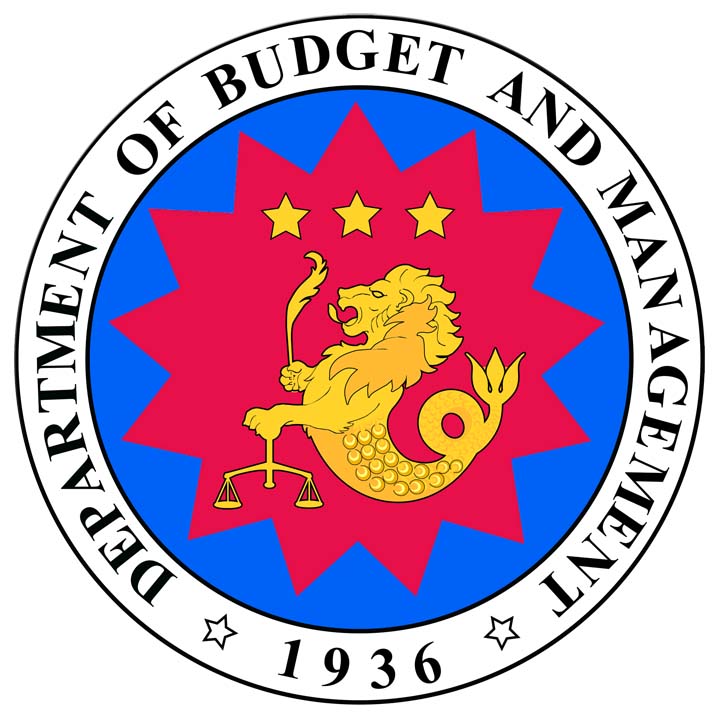
MANILA, Philippines — The Philippines has stayed having the most fiscally transparent budget in Southeast Asia and ranked 10th globally out of 117 countries in the 2019 Open Budget Survey (OBS) transparency index, the Department of Budget and Management (DBM) said.
In a statement, the DBM said that the Philippines’ latest open budget index (OBI) score of 76 out of a perfect 100 jumped nine spots from 67 in 2017.
As such, the Philippines already surpassed its 2019 OBI target score of 67 as well as 71 for 2021 under the Philippine Development Plan (PDP) 2017-2022, the Duterte administration’s medium-term socioeconomic development blueprint.
“A transparency score of 61 and above implies comprehensive, timely and online publication of all eight key budget documents, including the midyear review, a feat achieved twice by the country since the onset of the OBS,” the DBM said.
“For the 2019 round, seven out of eight budget documents improved their scores, signifying a more comprehensive and high-quality budget information that help support public debate on the national budget,” the DBM added.
The Philippines’ score exceeded Indonesia’s 70, Thailand’s 61, Malaysia’s 47, Timor-Leste’s 40, Vietnam’s 38, Cambodia’s 32, and Myanmar’s 28.
The 2019 score was a further improvement from 64 in 2015, 48 in 2012, and 55 in 2010.
The high transparency score—the first time that the Philippines landed in the world’s top 10—meant that the country “provides the public with substantial budget information,” the DBM explained.
The Philippines ranked 19th overall in 2017.
In terms of budget oversight, the Philippines scored 74 out of 100, as “the legislature and supreme audit institution in the Philippines provide adequate oversight of the budget,” the DBM said, referring to Congress and the Commission on Audit (COA), respectively.
However, the public participation score was only 31 out of 100 because the government “provides the public with few opportunities to engage in the budget process,” even as the Philippines already had the sixth-highest score globally as the world average was an even lower 14.
“This implies that the country should increase opportunities for meaningful and inclusive public engagement in the different stages of the budget process,” the DBM said.
“We are pleased with the results of the OBS and we are very thankful to everyone who exerted extra effort in the process. May we continue finding value in transparency in our work,” Budget Secretary Wendel E. Avisado said.
“Moving forward, the DBM plans to create an inter-agency task force on fiscal openness for effective and efficient inter-agency coordination on fiscal matters to further improve fiscal transparency and the country’s OBI score,” Avisado added.
According to the DBM, the OBS was “a global biennial survey conducted by the International Budget Partnership (IBP) which assesses transparency based on the amount and timeliness of information governments make available to the public in eight key budget documents such as the pre-budget statement, executive’s budget proposal, enacted budget and citizen’s budget, among others.”
“Each country receives a composite score (out of 100) that determines its OBI—the world’s only independent and comparative measure of budget transparency,” according to the DBM.